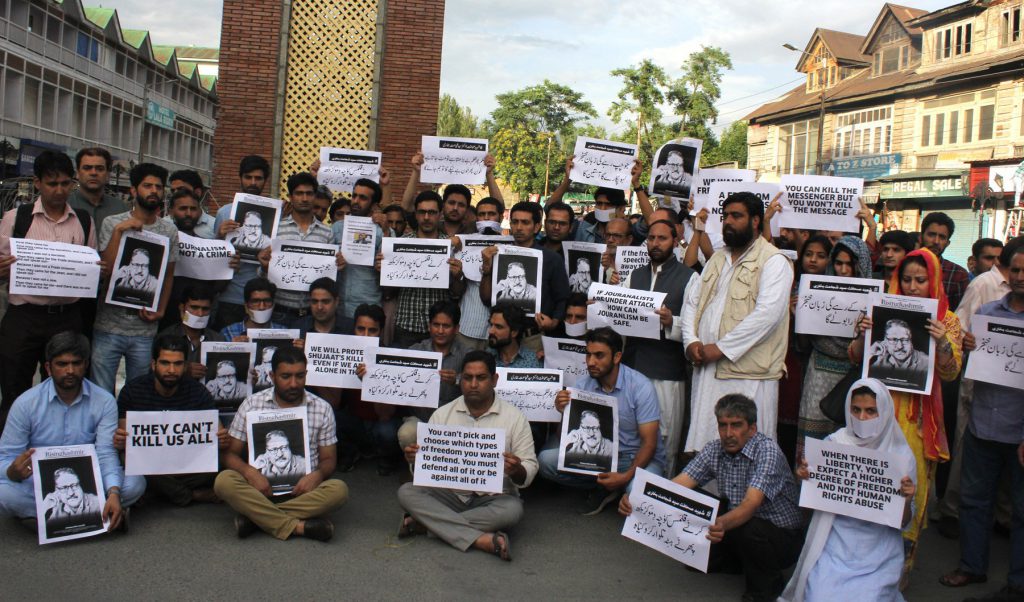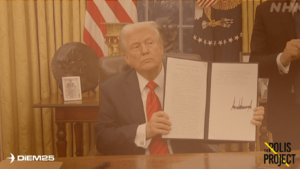
Gasping for breath: The fate of journalism in Kashmir after the abrogation of Article 370

In this report, Asma Hafiz and Ifreen Raveen write about the impact of the abrogation of Article 370 on journalism in Kashmir. They detail the ways in which the Indian State censors Kashmiri media in order to control the dominant narrative from the region, making it impossible to hold the Government accountable for its actions.
On 5 August 2019, the Indian Government stripped Kashmir of its semi-autonomous status by unilaterally abrogating Article 370 of the Constitution. This was perceived as the final step to incorporate Kashmir into the rest of India. An internet and communications shutdown was imposed in Jammu and Kashmir on the night of 4 August 2019 and continued for more than six months. Within a matter of hours, the central Government snapped phone lines, deployed thousands of additional troops on the streets and enforced an indefinite communication and security lockdown. According to Access Now, a non-profit organization that keeps track of internet shutdowns, this is the longest internet shutdown ever imposed in a democracy. The Government of India justified the suspension of landline, mobile and internet services that affected nearly 7 million Kashmiris as a preventive measure in anticipation of possible protests against the amendment of the Constitution. These restrictions crippled the…
Related Posts


Donald Trump’s Master Economic Plan I Opinion by Yanis Varoufakis




